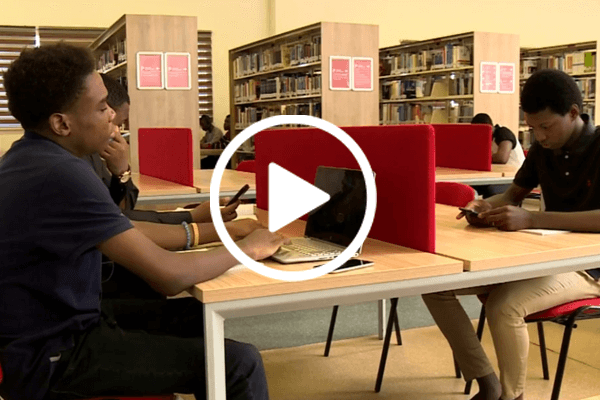In expanding the network, it is of utmost importance to ensure that all members share the same values as Honoris and are heading in the same direction on their journey together. Since inception, the following values have underpinned Honoris:

Collaborative intelligence
Collaborative intelligence is at the heart of our innovative vision of higher education.
It brings together the knowledge and practices of several countries and communities to form a new generation of leaders and professionals capable of impacting tomorrow’s societies and economies.
Collaborative intelligence drives our activities and emboldens our purpose-driven mission.
culturally agile faculty
In a world of challenges and opportunities, of complexity and speed, we aim to create confidence in responding to shifting skills, thinking and human engagement.
Our culturally agile faculty and graduates will help develop Africa and make it shine regionally and globally.
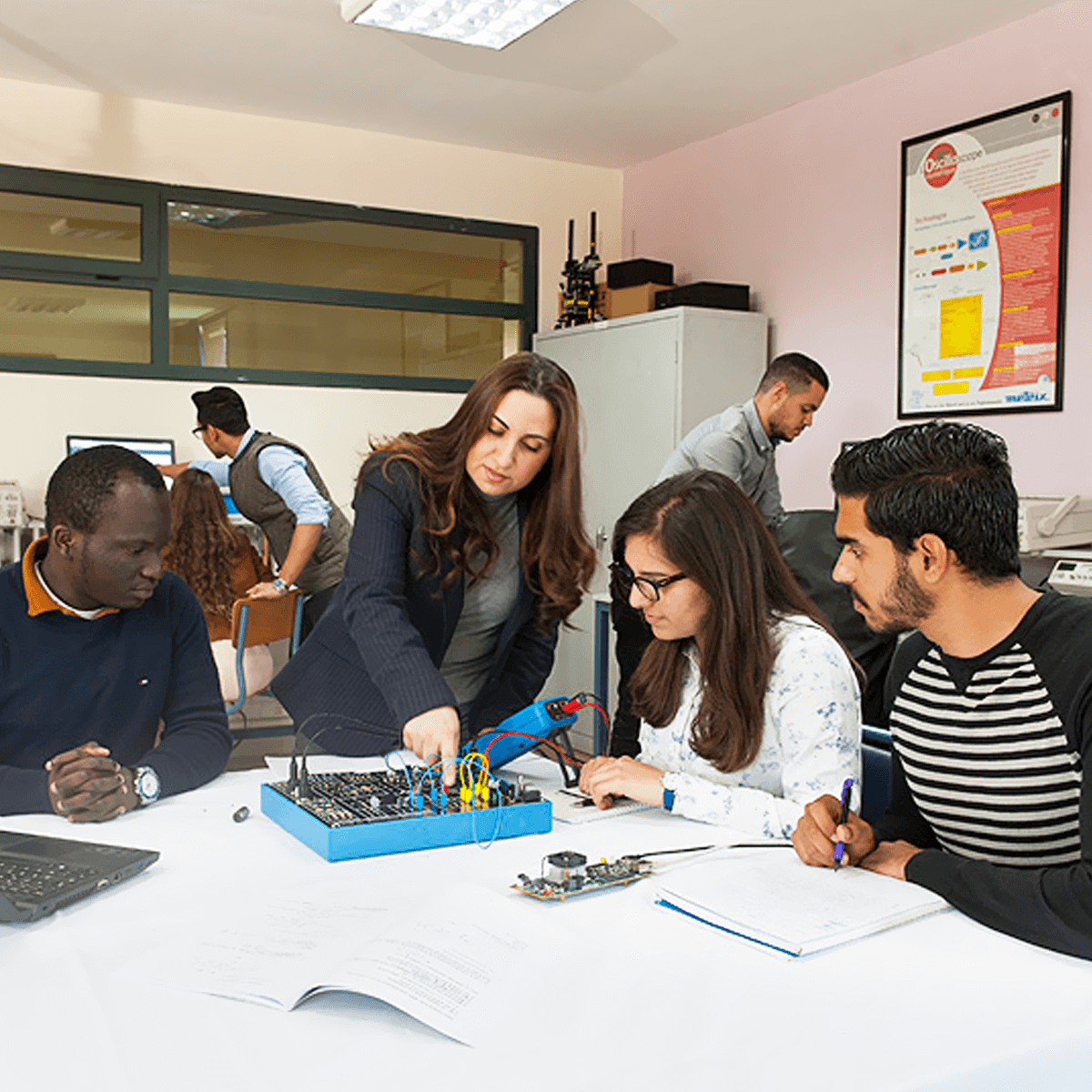
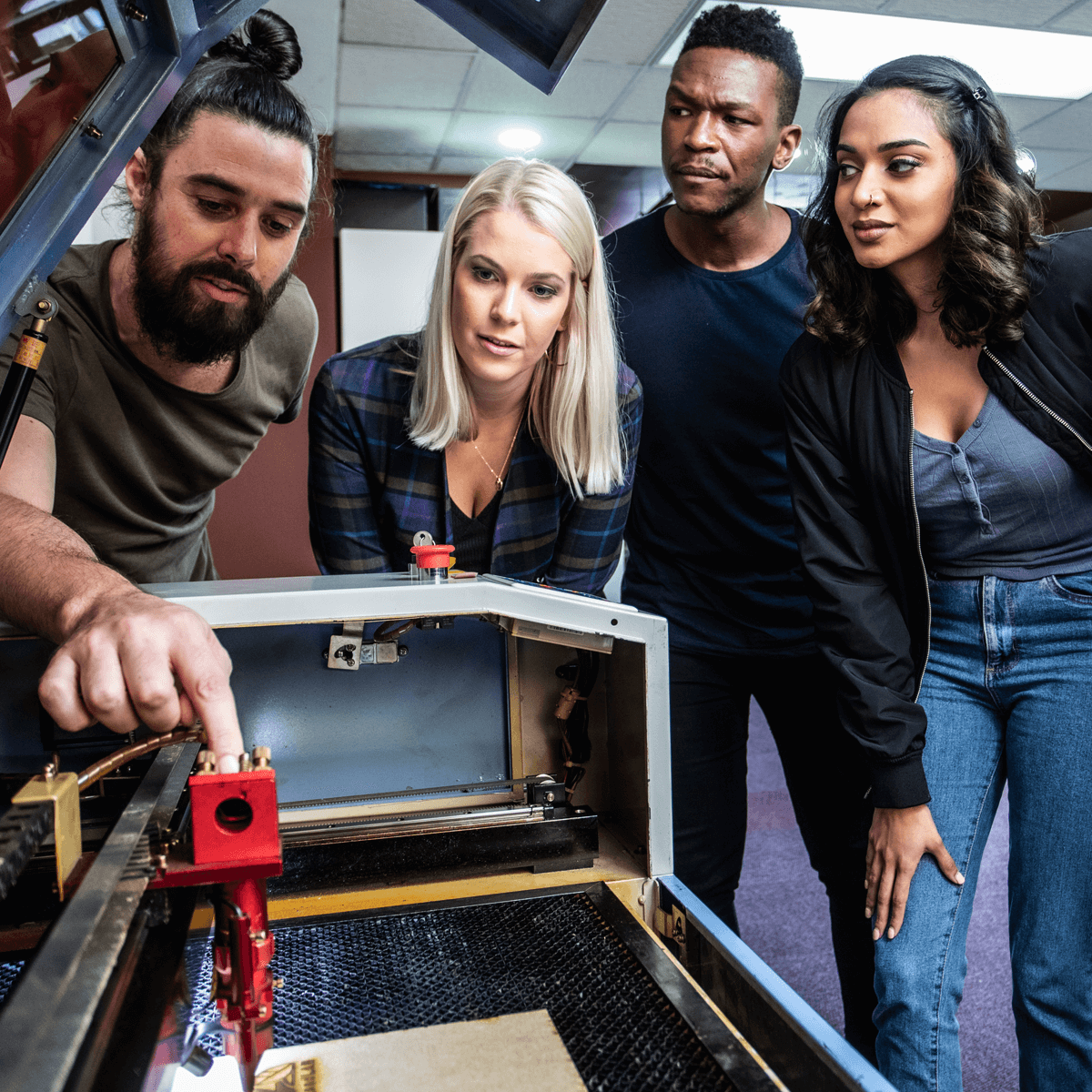
mobile employability
By understanding modern employers’ needs and creating differentiated and responsive education offerings, Honoris intends to prepare its students for regional and international employability, i.e., mobile employability.
academic excellence
Honoris is committed to providing earnest and suitable learning environments with clear academic standards across the network.
Through independent quality reviews, Honoris’ programs, faculty, systems, infrastructure and outcomes will maintain their standard of academic excellence.
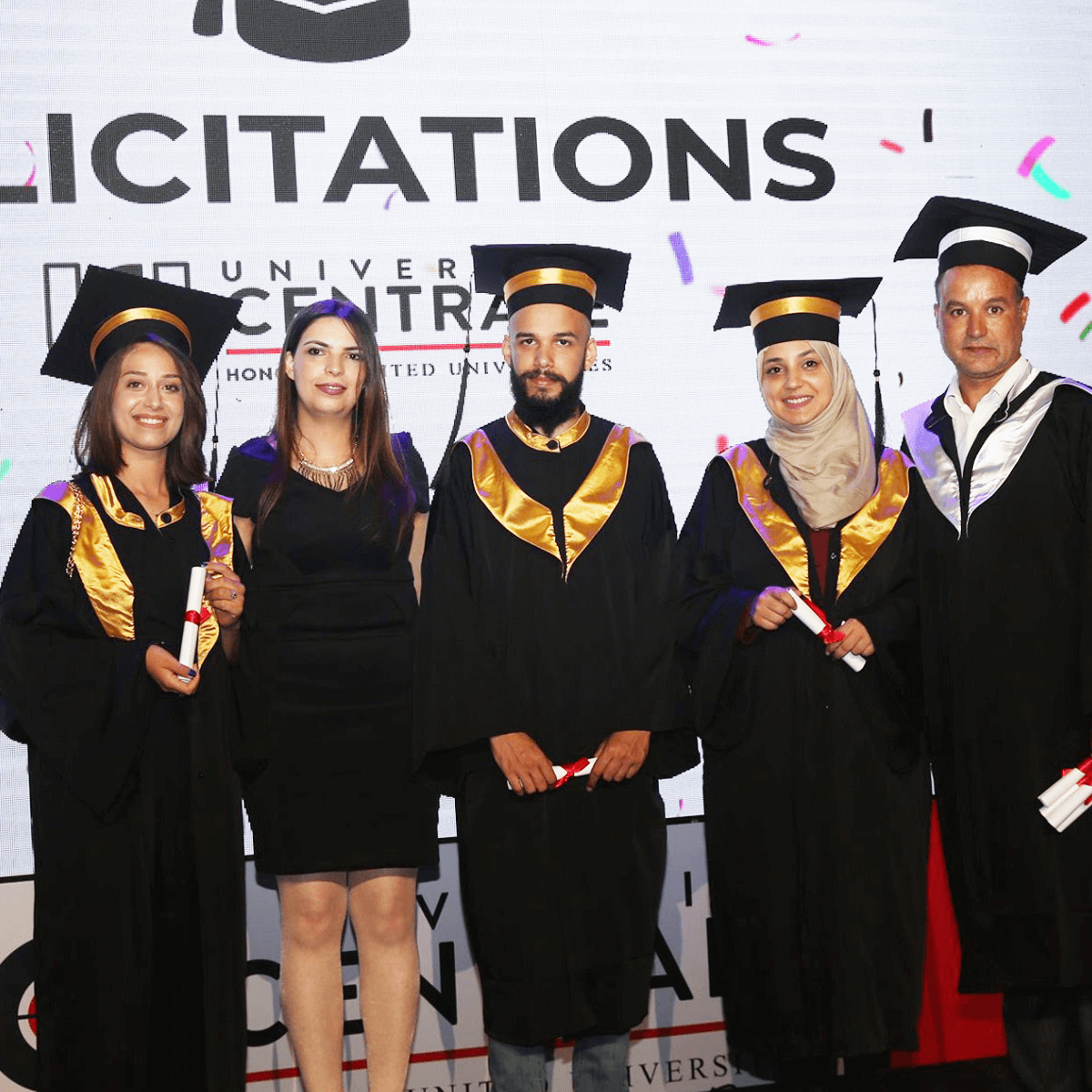
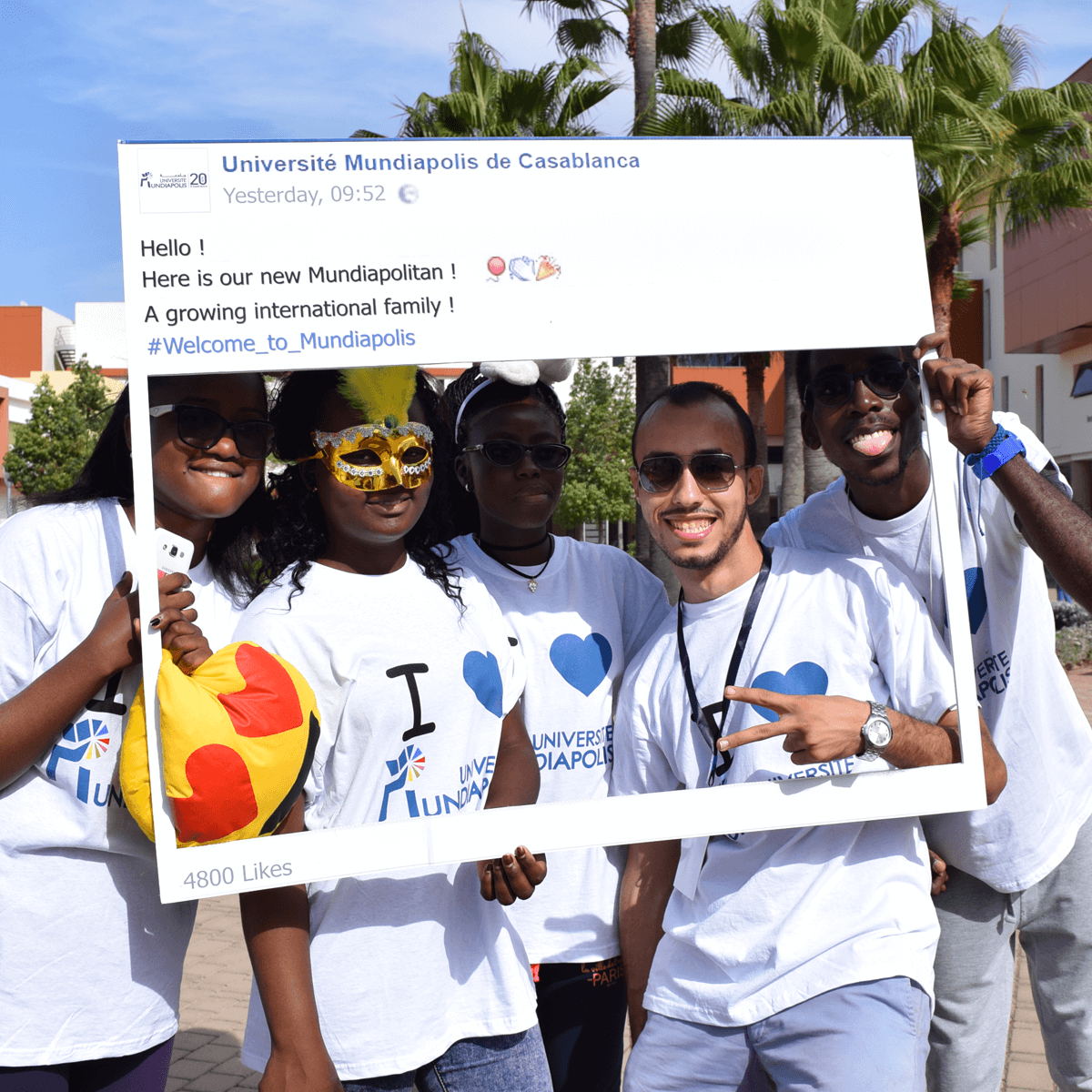
rich student experience
Honoris’ member institutions make concerted efforts to engage the student professionally, in their administrative interactions; ambitiously, in their academic participation; and comprehensively, in their personal development.
These efforts are standard - from residential offers and online interactions to events, clubs, networking, and campus-based or virtual activities.
Honoris values restated
As Honoris has grown exponentially since its launch, the time came to reflect on the values on which it had been built. At the latest strategic session comprising Honoris Executive Committee members, the original values have been restated as follows:
Collaboration
Sharing
Respect and Dignity
Integrity
Excellence
Openness
Serving
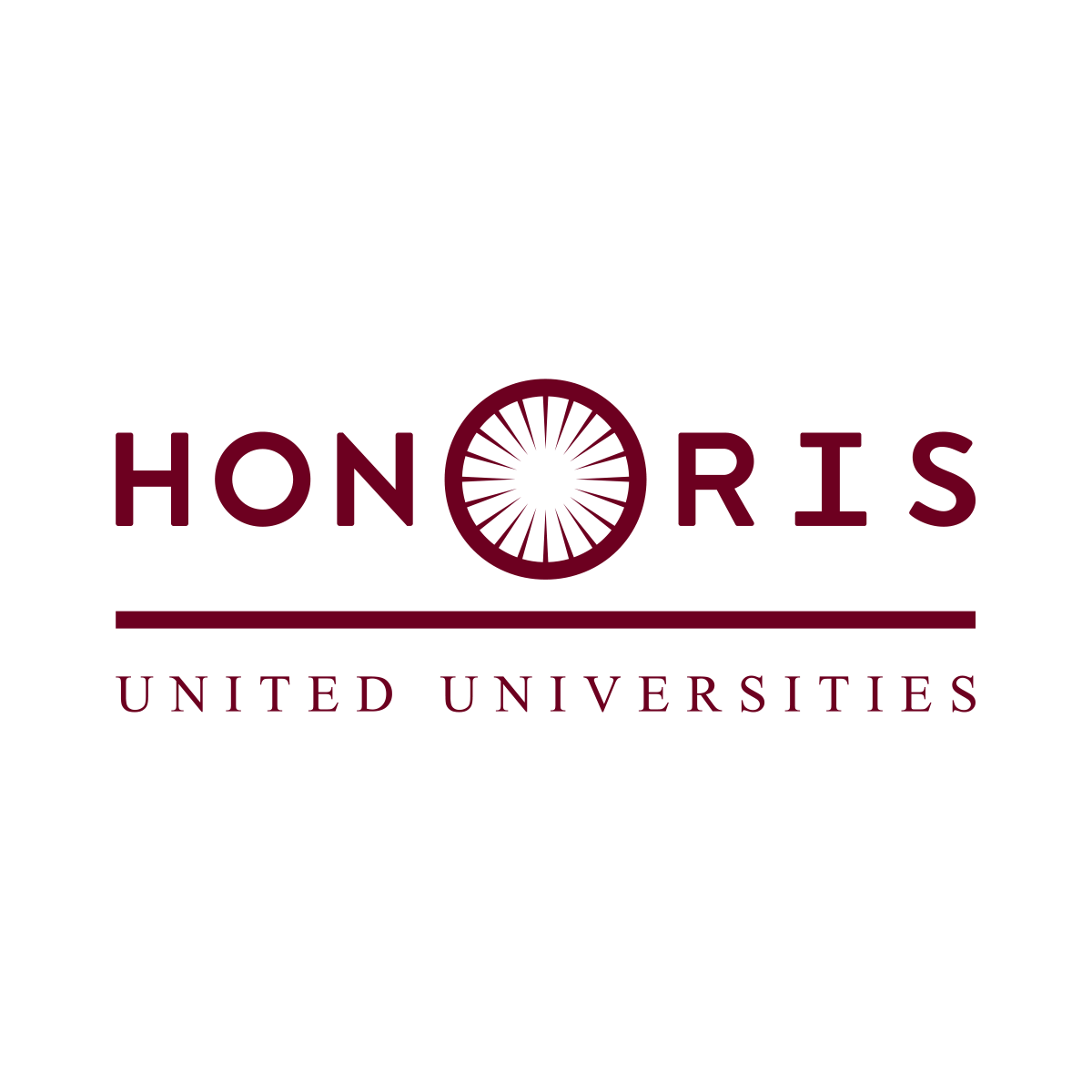
Honoris purpose
Honoris has a clear purpose to prepare pan-regional profile graduates with cross-border academic and practical experience to be competitive in today’s fast-paced and demanding labor markets. It seeks to create and educate a community of responsible leaders with an entrepreneurial mindset, and invent a new academic model with a focus on employability for the developing African continent. This is the drive behind Honoris’ vision of Education for Impact which they are committed to enveloping in the pedagogical approaches across the network of universities. Thus, Honoris invests in providing students with appropriate workspace, access to resources, and innovative laboratories and centers where the spirit of active contribution is developed, promoted, and celebrated throughout the student lifecycle.
Impact across the student lifecycle
‘Education for Impact’ takes into account the complete lifecycle of the student journey, which entails of all the interactions that a student experiences throughout their relationship with Honoris United Universities. Honoris aims to create an end-to-end value-chain from student enrollment to graduation strengthened by accelerated digitization and digitalization, an agile response to student needs and exemplary innovation. To meet the needs, interest and expectations of students, particular focus is placed on touch-points which are described in the four moments of truth (MOT) below.




Smart Marketing: Targeting the right students through the right channels at the right time, dynamically, by leveraging rich data-driven insights on student behaviour. Ensure a digitally-driven student-centric admission processes across the network.
Modular Experience: Enable students to proactively co-develop learning experiences with peers and faculty across physical and digital spaces, powered by seamless student services that are underpinned by technology.
Future-proof graduates: : Preparing graduates for future of work by cultivating an employability driven mind-set, co-developing immersive experiences with employers and bringing together graduates, alumni and recruiters through a technology driven integrated employability platform.
Alumni as ‘Co-Creators’: Alumni are lifelong members of a community that is deeply embedded across the education value chain. Alumni members act as educators, mentors, recruiters, researchers, ambassadors, consumers, and also aid in driving business development.
Academic quality
Honoris strives to deliver top quality academic programs that meet recognized academic standards to its students. All Honoris degrees are accredited by the official bodies of each country and adhere to the highest national standards. Certain programs have even received international accreditation. A list of countries and their accreditations follows:
South Africa: Council on Higher Education (CHE)
Tunisia: Ministry of Higher Education and Scientific Research (MESRS)
Morocco: Ministry of National Education, Vocational Training, Higher Education and Scientific Research (MES)
Nigeria: National Universities Commission (NUC)
Mauritius: Tertiary Education Commission (TEC)
Honoris rewards and recognition
Honoris is thrilled to be recognized for academic innovation and acknowledges the commitment of all teams across the African continent who contributed to the following achievements:
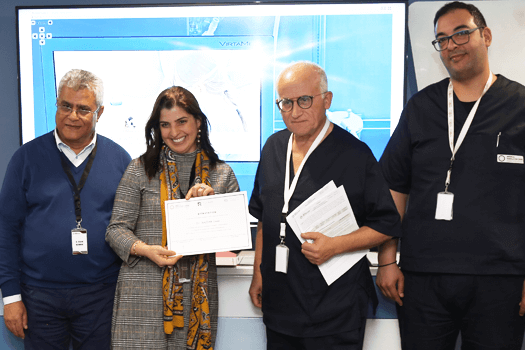
Honoris Medical Simulation Center nominated for PIEoneer awards
The PIEoneer Awards celebrate innovation and achievement across the global education industry. The Tunisia Honoris Medical Simulation Center was nominated for progressive education delivery on 12 August 2021.
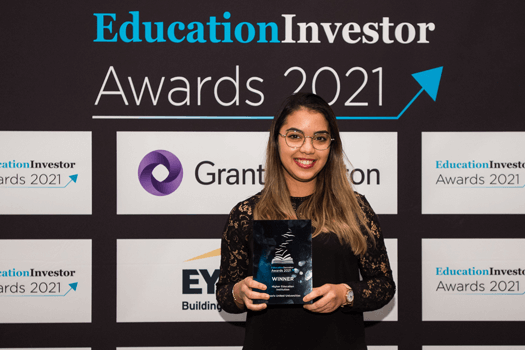
Winner in the Higher Education Institution category for The Education Investor Awards 2021
Winner in the Higher Education Institution category for The Education Investor Awards 2021. This Award celebrates excellence and innovation in the field of education, and champions organizations that have made an outstanding commitment and contribution to the industry during the period of May 2020 – May 2021, despite the challenges presented by Covid-19.
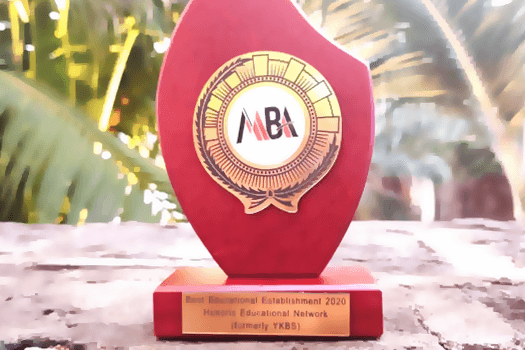
Honoris Mauritius is recognised for best educational institution
Honoris Mauritius was awarded best educational institution by Mauritius Business Awards on 5 January 2021. All nominations and voting for the Mauritius Business Awards were driven by the consumers who are ultimately the driving force behind the success of any business.

Actis receives Impact Investment Firm of the Year and the Education Investor Award
Actis is the recipient of the Private Equity International Awards 2018, Impact Investment Firm of the Year and the Education Investor Award 2018 for Honoris.
Disruptive learning and teaching for the 21st century
Honoris understands that responding with agility to the new requirements of the 21st century is paramount to sustainable success in the student journey. The 21st century is characterized by flexibility and cultural agility, which is evident in the emergence of a new age of professionals, entrepreneurs, and freelancers. Students need to be trained in the latest innovations and technologies in order to thrive in increasingly data-, automation-, and AI-driven realities.
“Education is undergoing a fundamental reorganisation, with a pivot towards new learning systems, technologies and methods that accelerate and improve skills acquisition. While we strengthen our proven academic models, we need to explore new ones to create future-fit pedagogical approaches and programmes. Honoris institutions are united in developing sustainable and employability-focused academic models. From Casablanca to Cape Town, and Tunis to Abuja, we are proud of the efforts deployed by all our faculty to enhance both the student experience and student outcomes.”

The table below offers a view of how old teaching methods will be transformed in order to promote Education for Impact in the 21st century.
| 20th century | 21st century |
|---|---|
| Teacher was the sage on the stage Learners worked in isolation Curriculum was based on technical outcomes | Teacher is the guide on the side Learners work collaboratively Curriculum integrates technical and soft skills |
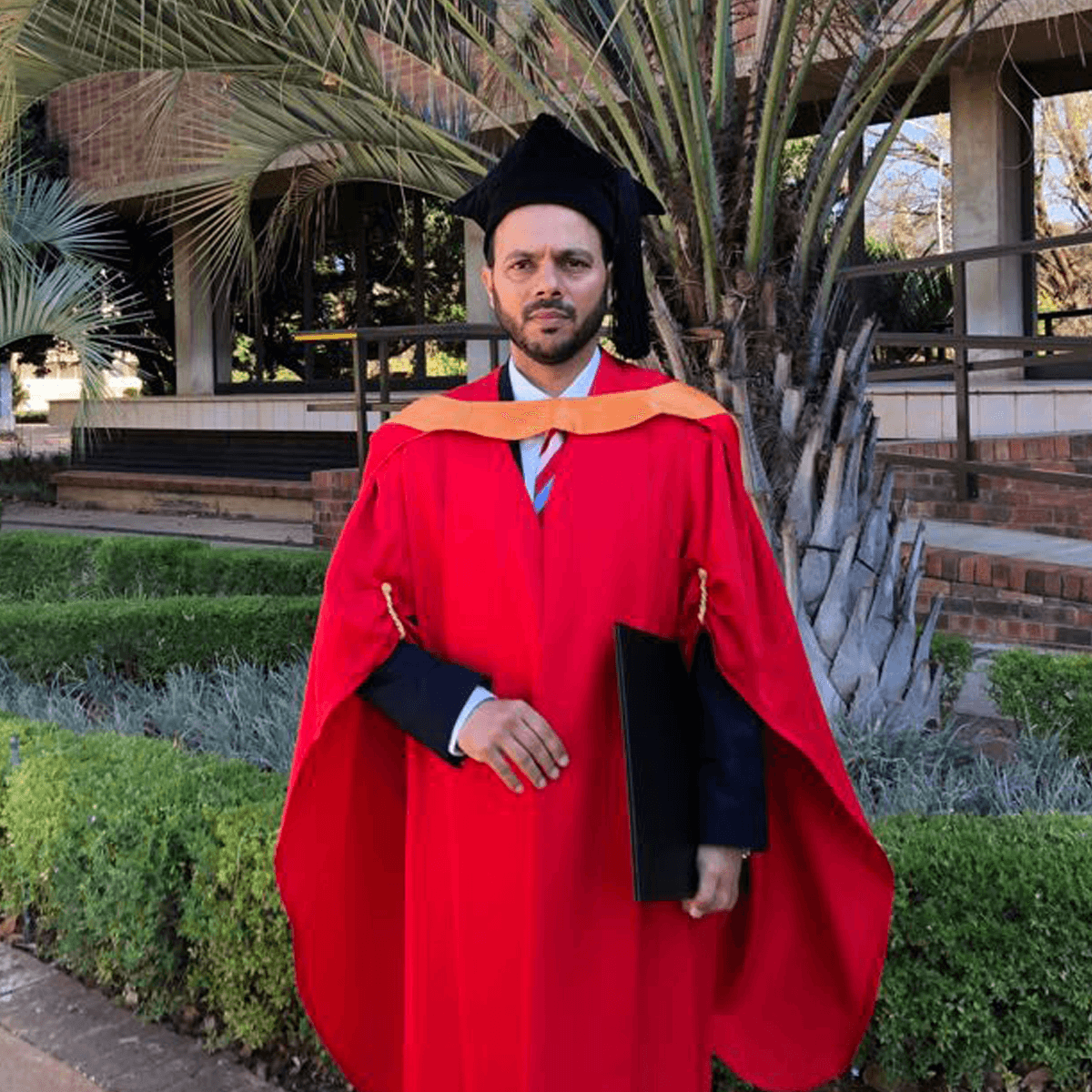
Dr Ahmed Shaikh, MD, Regent Business School
Employers are adopting new ideas and technologies at a rapid pace to stay competitive and, as such, face a sizeable shortage of skilled workers to bridge the gap. Employability, therefore, is not just about getting a job but about a broader set of skills and attributes that will enable graduates to be successful throughout their working life.
To this end, Honoris has developed cutting-edge learning environments that confront students with complex, real-world scenarios via virtual reality and model-based simulations. This skills- and project-based approach increases the cognitive agility of students and meets the demand for critical thinking, communication, creativity, problem-solving, digital literacy and emotional intelligence in the 4IR.
Preparing teachers for the 21st century
Honoris is planning to deliver a short course to its academic community to build a shared culture of strategic shifts in Higher Education: the Honoris Re-Imagine Education online program. This program is designed to align the knowledge and understanding of the future of education, teaching, and learning across the network. It will also provide space to exchange experiences across the academic communities within the network and the time to reflect through a practical assignment. In preparing the educators to use innovative teaching methods and tools, the students benefit from an enhanced learning experience that will drive their success. Honoris’ vision statement is: Transforming lives through relevant education for lifetime success. The approach to realising this vision at an organizational level has been laid out. The following section will describe how the approach was carried out by each institution and discuss its impact and results, starting with a brief introduction to Honoris’ member institutions.
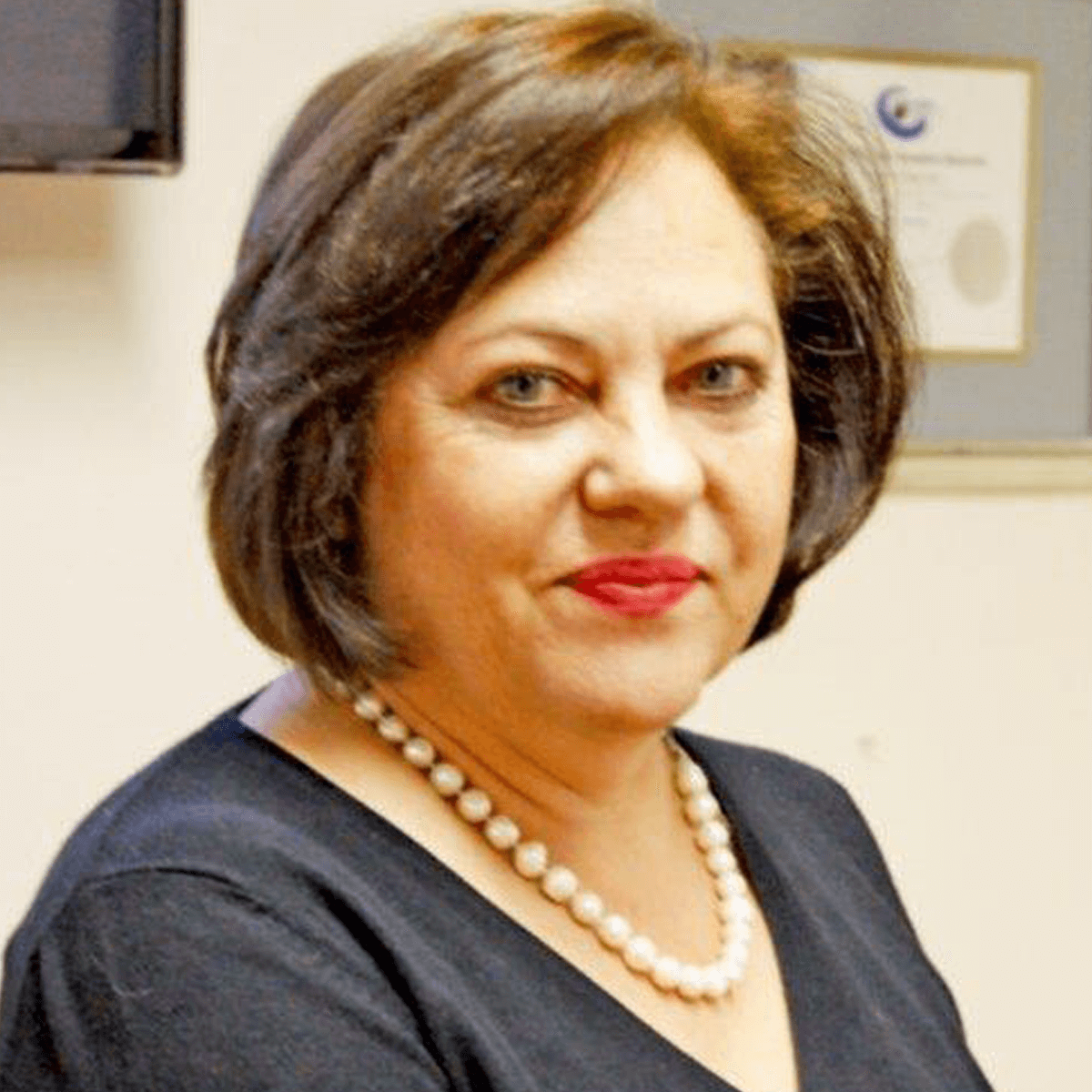
Dr Ronel Blom, Academic Director, Regent Business School


